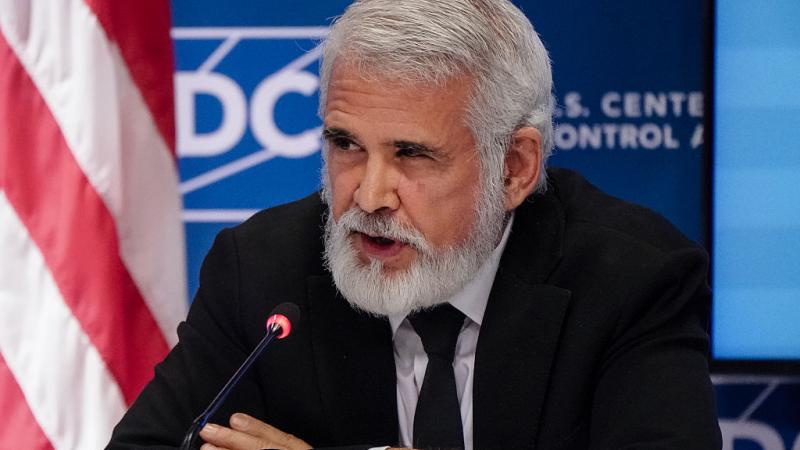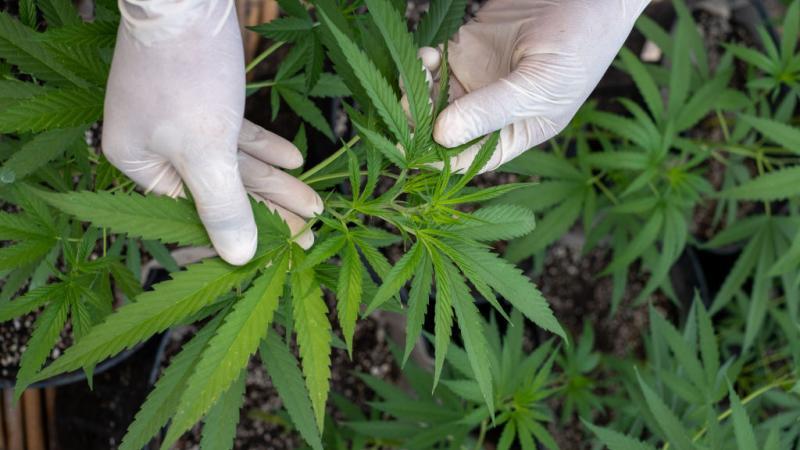German doctors say tests show Russian dissident Navalny was poisoned
A Russian doctor said before Navalny was released to go to Germany that he did not appear to have been poisoned
A Berlin hospital said Monday that Alexei Navalny, an outspoken President Vladimir Putin critic who fell severely ill on a flight in Russia last week, was poisoned.
Navalny, who fell severely ill on a flight in Russia last week, is in stable but critical condition at the German hospital where he is being treated.
On Monday, German doctors said that the Russian dissident was poisoned by a substance typically found in nerve gas and pesticides. He is still in an induced coma at present.
"His medical condition is serious but his life is not in immediate danger," said the Berlin hospital where he is being treated.
He is being treated with atropine, an antidote used to treat nerve gas and pesticide poisonings. The hospital is continuing tests to determine the specific toxin used.
Police are currently stationed outside the Berlin hospital where the 44-year-old is being treated.
Navalny was transported to Germany from Siberia on Saturday following the determination that he was stable enough to be moved. On Sunday, Navalny's wife and an aide arrived at the hospital.
Russian doctors said they found no poison in Navalny's system after running tests through two labs.
“If we had found poisoning confirmed by something, it would have been much easier for us. But we received a final conclusion from two laboratories that no toxic chemicals that can be considered poisons or by-products of poisons, were found," said Anatoly Kalinichecnko, the deputy chief doctor of the hospital in Omsk, Siberia, where Navalny was initially treated.
Navalny's team has alleged that the Siberian doctors were acting in coordination with Russian security agents.
Supporters of the Russian opposition leader believe that the Kremlin is responsible both for the initial poisoning of Navalny, and for the delay in transferring him to a German hospital.
















